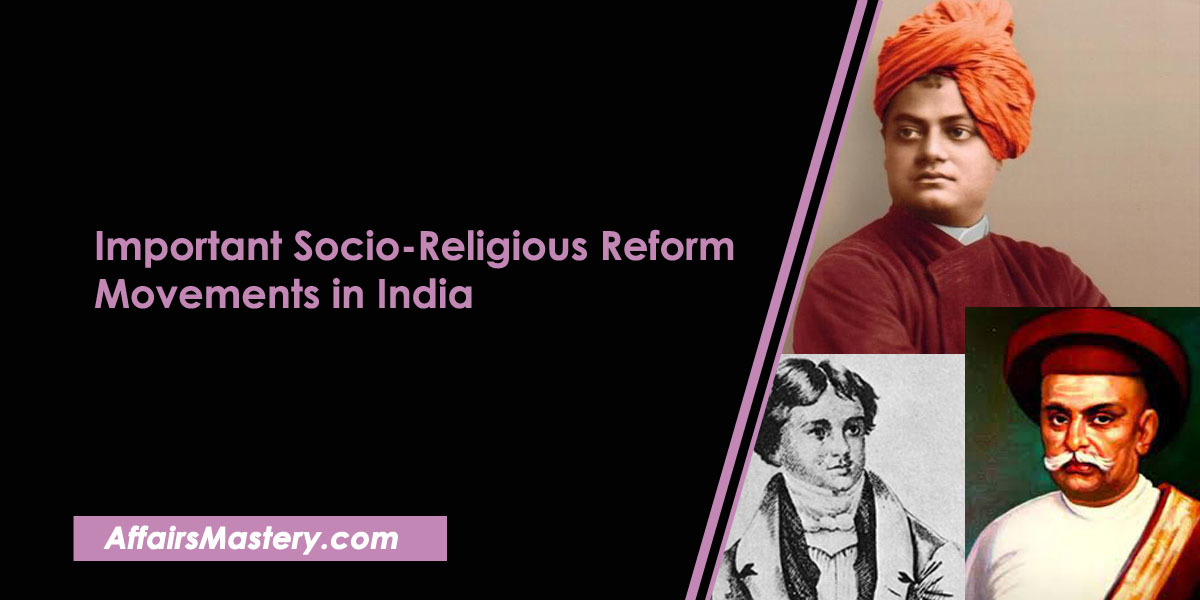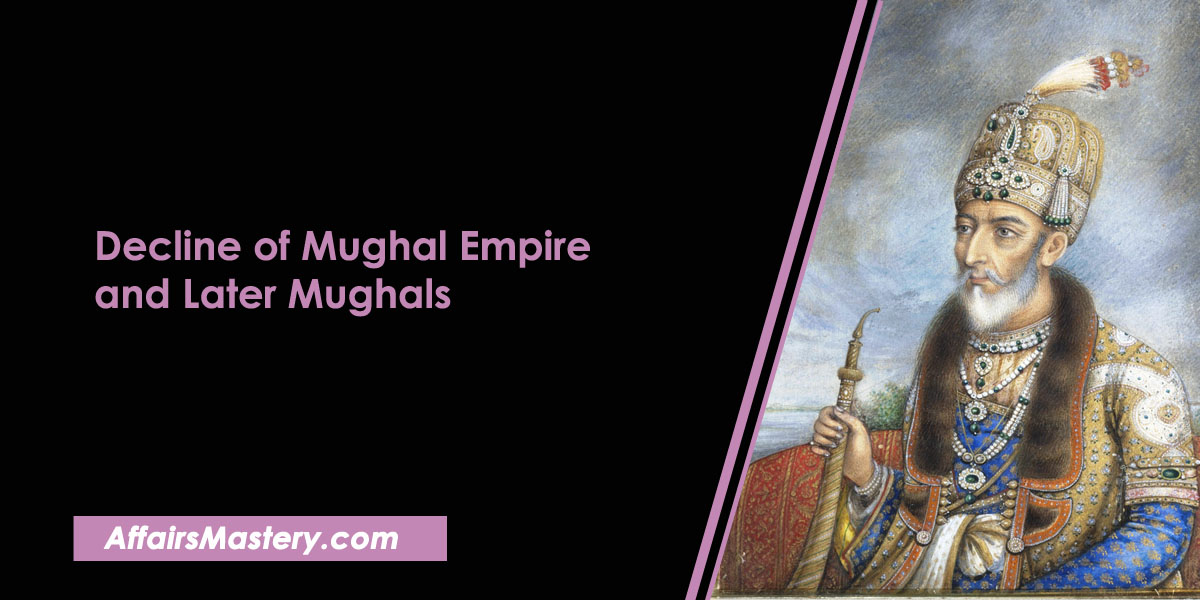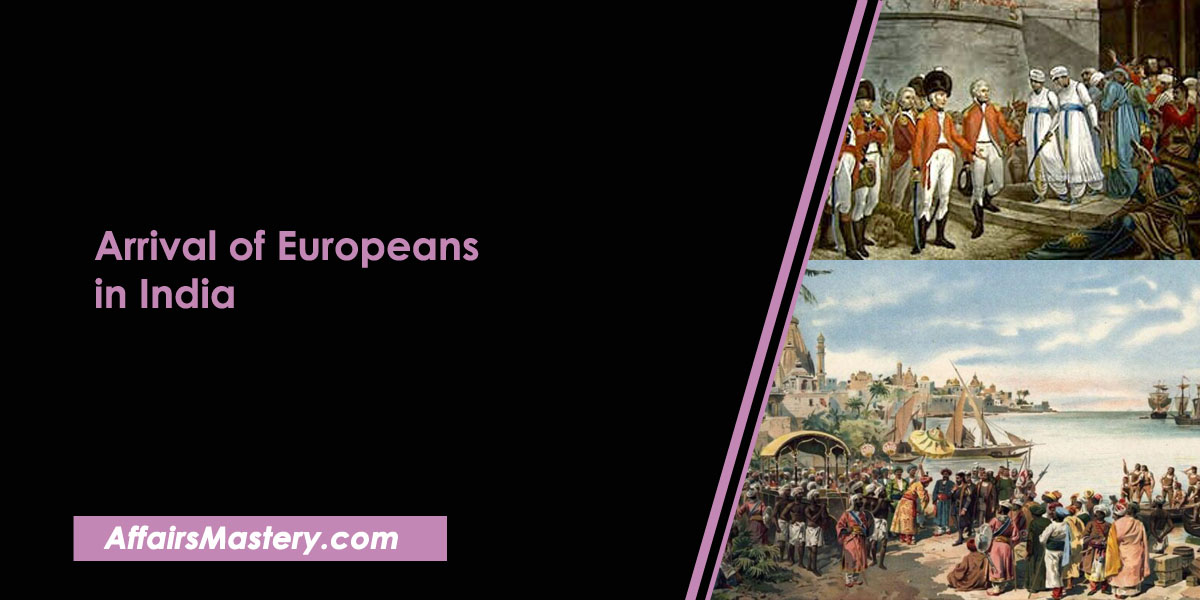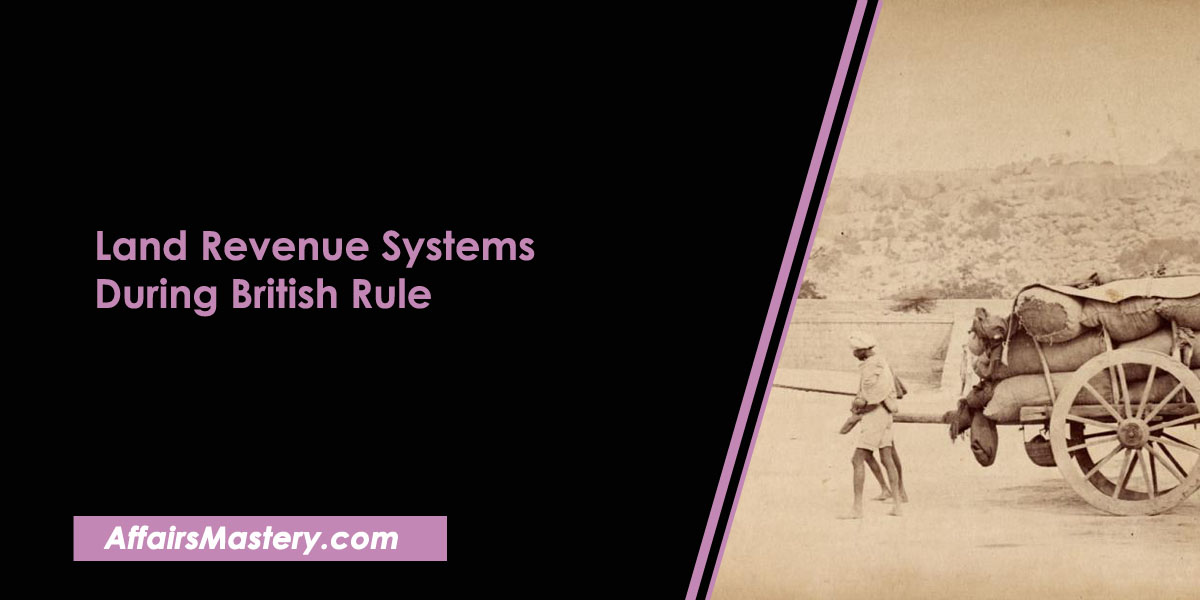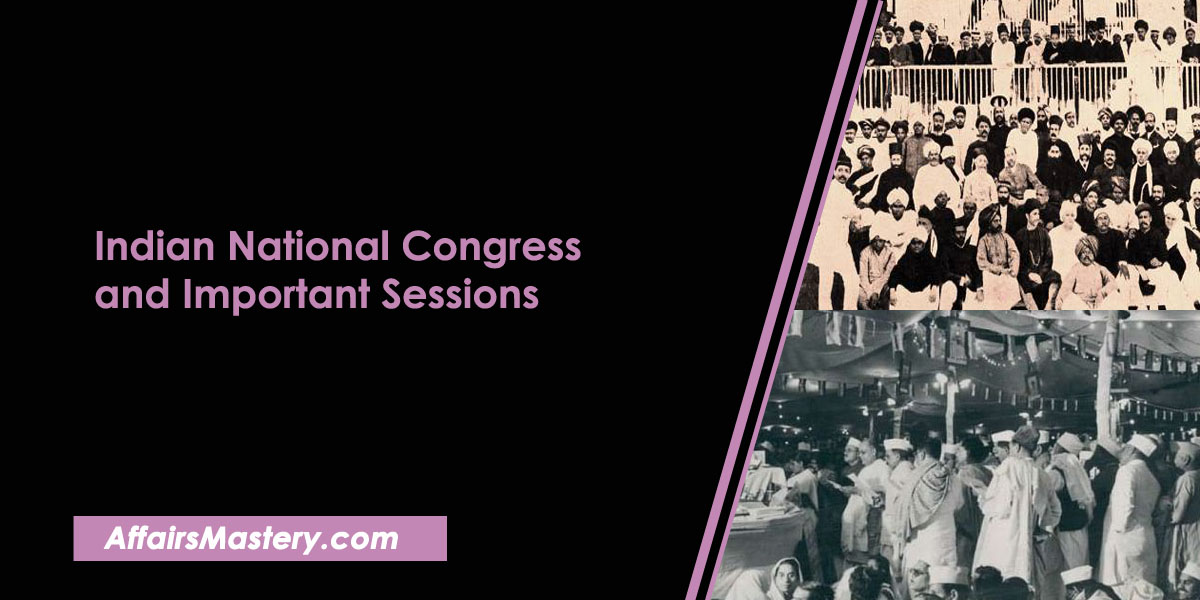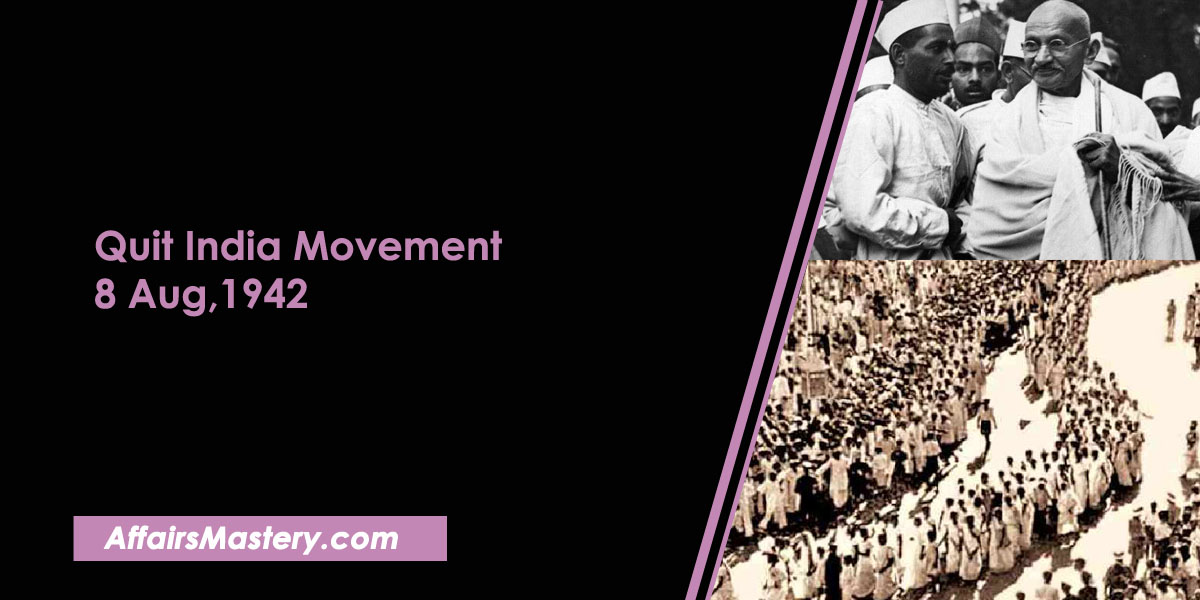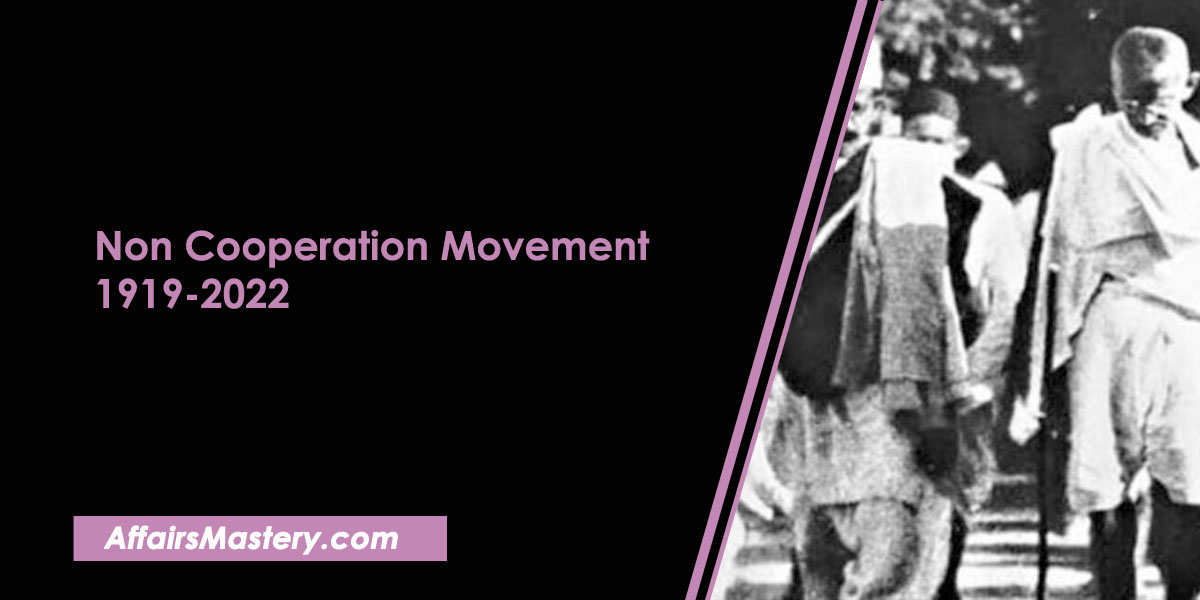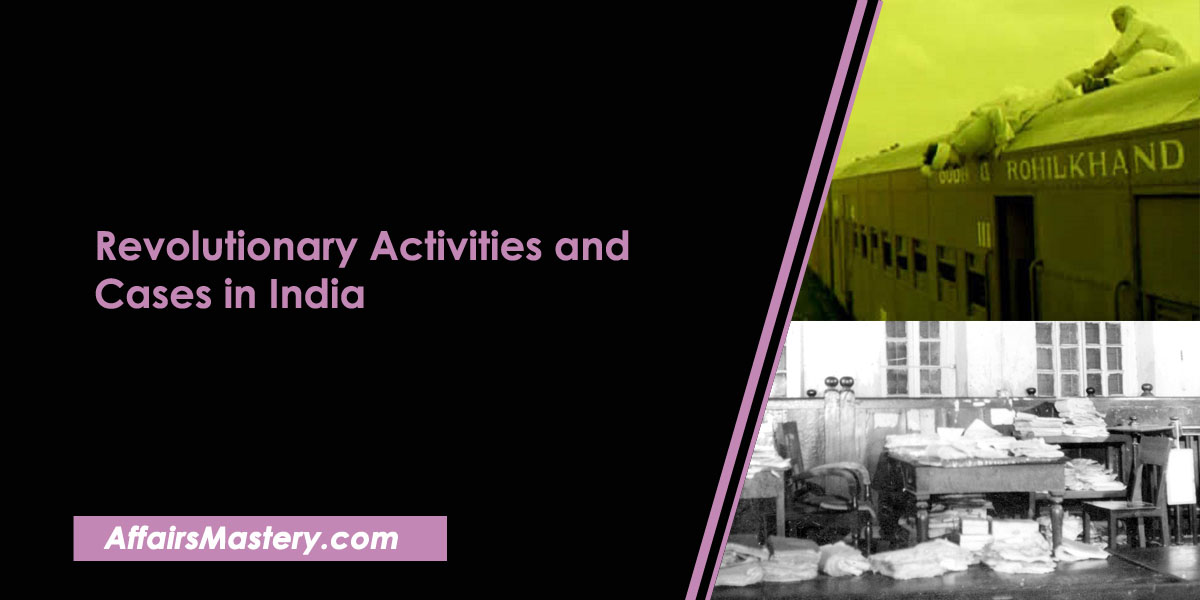Important Socio Religious Reform Movements in India – Short Notes for exams
Important Socio Religious Movements in India. Social and Religious Movements of India have been incredibly important in our modern history, as they have shaped the ideologies of many people and provided a medium to express their beliefs. Here, we have compiled a list of important movements associated with social and religious that are essential to know from an examination standpoint. Knowing about these influential people can help you gain more knowledge. Useful for exams like UPSC, UPPSC, Other State exams and One Day exams.
Socio-Religious Movements
| Movement (Year) | Founder | Objectives/Remarks |
|---|---|---|
| Brahmo Samaj (1828) | Raja Ram Mohan Roy | It aimed to purify Hindusim and preach monothesim or belief in one God. It sought to remove ill practices, abuses and superstitions from Hindusim. |
| Young Bengal Movement (1828) | Vivian Derozio | The Young Bengal was a group of Bengali free thinkers emerging from Hindu College, Calcutta. They were also known as Derozians, after their teacher, Henry Louis Vivian Derozio. Derozio was perhaps the first nationalist poet of Modern India. His famous poem is ‘To India-My Native Land’. |
| Paramahamsa Mandali (1849-50) | Atmaram Pandurang, Balkrishna Jaikar, Dadoba Pandurang | It supported monotheism, widow remarriage, women’s education and opposed discrimination based on caste. |
| Prarthana Samaj (1867) | Atmaram Pandurang | It opposed the caste system and advocated women’s education. It encouraged widow remarriage. With this end in view, it opened widow ashrams. Against child marriage and supported raising the age of marriage for both males and females. |
| Satya Shodhak Samaj (1873) | Jyotiba Phule | It aimed to liberate the depressed classes and make them conscious of their rights through education. Wrote two critical works to carry forward his anti-Brahminical activities- Sarvajanik Satyadharma Pustak Ghulamgiri |
| Arya Samaj Movement (1875) | Dayanand Saraswati | Dayanand looked upon the Vedas as India’s Rock of Ages. He believed that the Hindu religion and the Vedas, basis of Hinduism, were eternal, unalterable, infallible and divine. Gave Slogan ‘Go back to the Vedas’. He rejected the authority of the later Hindu scriptures like the Puranas, which in his view were responsible for the evil practices of idol worship and other superstitious beliefs in the Hindu religion. |
| Theosophical Movement (1875) | Madame H.P. Balvatsky, Colonel Olcott | Believed in the spiritual philosophy of Hinduism and its doctrine of Karma and transmigration of the soul. Had faith in universal brotherhood irrespective of distinctions of caste, creed, race or gender. |
| Sadharana Brahmo Samaj (1878) | Bipin Chandra Pal, Shivnath Shastri, Anand Mohan Bose, Surendranath Banerjee | Social reforms like female education, organizing famine relief funds, orphanages, schools for deaf and low IQ people, charitable institutions, were the primary functions of the new Samaj. To educate the masses. Started many new journals such as Tattva-Kaumudi, Brahmo Public Opinion, Indian Messenger, Sanjibani, Nabyabharat, Modern Review and Prabasi. |
| Ramakrishna Mission (1887) | Swami Vivekananda | It sought to foster a group of monks who base their life on renunciation and practical spirituality. Aim is to spread the universal message of Vedanta. To carry on preaching, philanthropic and charitable works treating all men, women and children as manifestations of the Divine irrespective of their color, caste or creed. |
If you find our content helpful and interesting, please consider joining us on Telegram @affairsmastery_official to show your support. We would really appreciate it!
Related articles
- Important Battles in Indian History
- Important treaties in Indian history
- List of Foreign Travellers who came to India
- List of Governor General of India and Viceroy of India
- Robert Clive – Important Short Notes for Exams
- Warren Hastings – Important Short Notes for Exams
- Lord William Bentinck – Important Short Notes for Exams
- Lord Canning – Important Short Notes for Exams
- Lord Mountbatten – Important Short Notes for Exams
- C. Rajagopalachari – Important Short Notes for Exams
- Lord Wavell – Important Short Notes for Exams
- Lord Linlithgow – Important Short Notes for Exams
- Lord Willingdon – Important Short Notes for Exams
- Non Cooperation Movement (1919-1922)
- Important Personalities related to Social Movements of India
- List of Important Personalities of Indian Freedom Struggle
- List of Important Books on Revolt of 1857 and their Author
- Important Leaders of 1857 Revolt and their places
- Constituent Assembly of India and its Composition: Important Short Notes
- Important Tribal Movements in India
- Direct Action Day 1946: Important Short Notes for Exams
- Interim Government of India, 1946 and its members
- Khilafat Movement (1919-1924) – Important Short Notes for exams
- Lucknow Pact, 1916 – About, Features, Outcome (Important Short Notes)
- C R Formula or Rajaji Formula, 1944 – About, Main Points (Important Short Notes)
- Wavell Plan, 1945 – About, Main Points (Important Short Notes)
